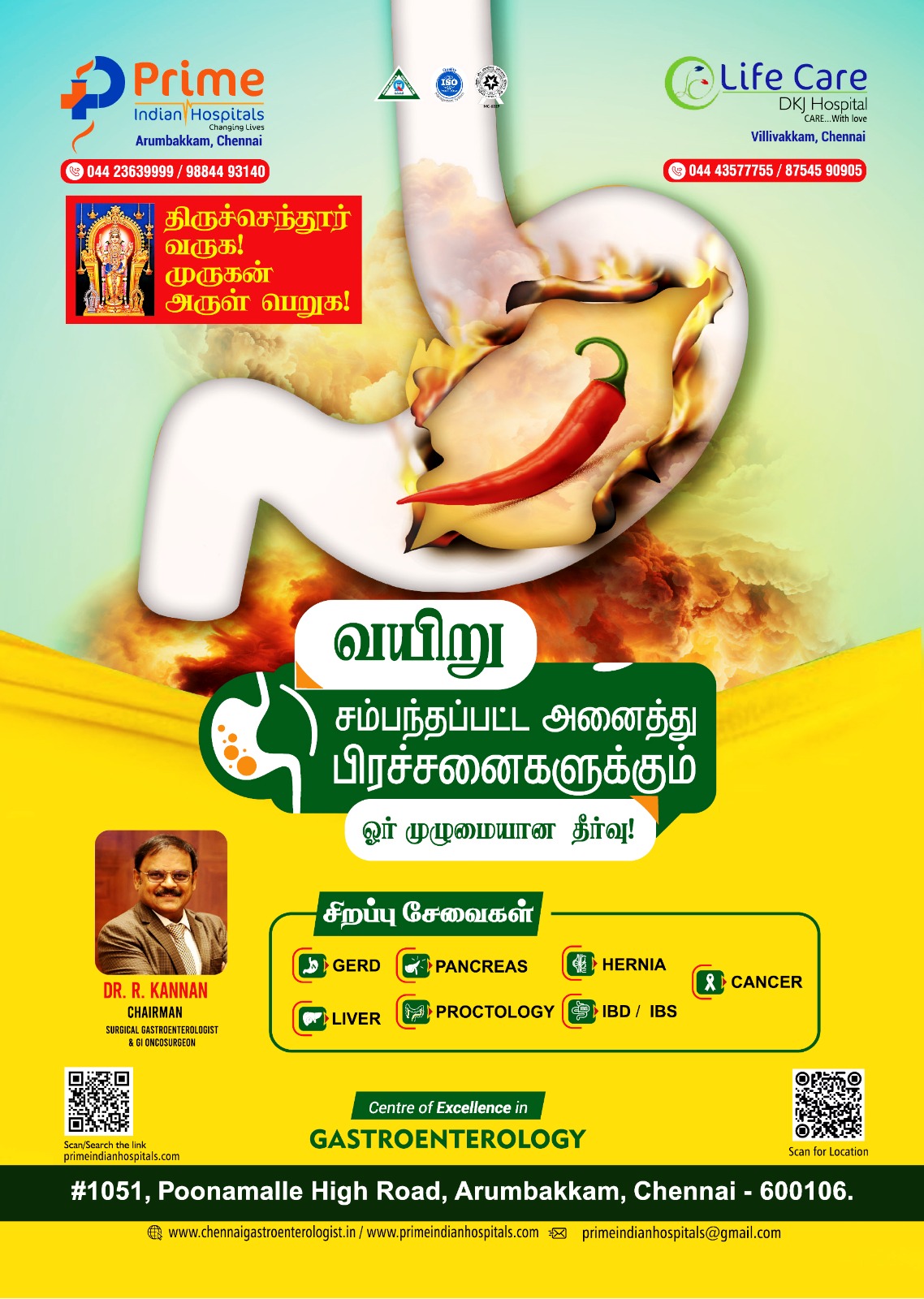Geriatric medicine is a specialized field of healthcare focused on the unique needs of elderly individuals. As people age, they experience various physical, cognitive, and emotional changes that require specialized medical attention. This branch of medicine aims to promote health, prevent and treat diseases, and improve the overall well-being of older adults. With increasing life expectancy, the demand for comprehensive geriatric care has never been more critical. Physicians in this field provide tailored treatments to enhance mobility, manage chronic conditions, and support mental health. Effective geriatric care ensures that elderly individuals maintain a high quality of life while addressing age-related health challenges.
What is Geriatric Medicine?
Geriatric medicine is a medical discipline dedicated to the health and care of aging individuals. It involves diagnosing, preventing, and treating conditions that commonly affect the elderly, such as arthritis, dementia, osteoporosis, and cardiovascular diseases. Unlike general medicine, geriatric care takes a holistic approach, considering physical health, mental well-being, and social factors.
- Geriatricians work closely with patients to develop personalized care plans based on their unique medical history. These plans help manage chronic conditions effectively and improve the patient’s quality of life.
- This field also emphasizes the importance of mobility, independence, and the ability to perform daily activities without complications. Maintaining an active lifestyle can significantly enhance overall well-being and reduce the risk of falls.
- Special considerations are given to medication management to avoid adverse drug interactions that are more common in older adults. This ensures that treatments are both safe and effective for elderly patients.
By focusing on a multidisciplinary approach, geriatric medicine helps elderly individuals lead healthier, more fulfilling lives while minimizing the risks associated with aging-related health concerns.
Role of Nutrition in Geriatric Health
Proper nutrition plays a vital role in maintaining overall health and well-being in elderly individuals. As the body ages, metabolic rates slow down, and nutritional needs change, making diet an essential factor in preventing and managing chronic illnesses.
- A well-balanced diet rich in vitamins, minerals, and proteins supports immune function, bone density, and muscle strength. Consuming nutrient-dense foods also helps reduce the risk of malnutrition and deficiencies.
- Hydration is particularly important in aging adults, as dehydration can lead to confusion, dizziness, and increased risk of falls. Drinking adequate fluids throughout the day supports kidney function and overall health.
- Certain nutrients, such as calcium, vitamin D, and omega-3 fatty acids, are crucial for bone and heart health, reducing the risk of fractures and cardiovascular diseases. These nutrients also support joint health and cognitive function.
Incorporating fresh fruits, vegetables, lean proteins, and whole grains into daily meals ensures optimal nutrient intake. Additionally, maintaining portion control and minimizing processed foods can help prevent obesity, diabetes, and other metabolic disorders in older adults.
Importance of Geriatric Medicine
Geriatric medicine enhances seniors’ quality of life by addressing chronic conditions, cognitive decline, and mobility issues, while also supporting high-risk pregnancies and infertility with tailored, comprehensive care for better outcomes.
- Regular geriatric assessments help in the early detection of age-related diseases, improving treatment outcomes. Early intervention can prevent complications and enhance the patient’s quality of life.
- Physicians focus on enhancing mental health, providing support for conditions such as depression, anxiety, and dementia. Mental well-being is just as crucial as physical health in ensuring a fulfilling life for aging individuals.
- Preventive care, including vaccinations, screenings, and routine health check-ups, is emphasized to promote longevity and reduce hospitalizations. Proactive healthcare helps elderly patients maintain independence and avoid serious medical conditions.
Aging individuals benefit significantly from personalized medical care that prioritizes their independence and overall quality of life. Through geriatric medicine, healthcare providers ensure that elderly patients receive the attention, guidance, and treatments necessary to lead fulfilling lives.
Treatments
Geriatric medicine includes a wide range of treatments designed to manage chronic illnesses, promote recovery, and enhance the overall well-being of elderly individuals. Treatment approaches are tailored to each patient’s specific medical needs and lifestyle.
- Medication management ensures that elderly individuals take the right prescriptions while avoiding harmful drug interactions. Proper dosage and monitoring are crucial for maintaining long-term health and preventing side effects.
- Physical therapy is often recommended to improve mobility, balance, and muscle strength, reducing the risk of falls. Regular exercises tailored to the elderly help in maintaining flexibility and reducing pain.
- Cognitive therapies help individuals with dementia or memory-related conditions maintain cognitive function and daily independence. These therapies include memory exercises and activities that stimulate brain function.
- Physical Rehabilitation: Tailored rehabilitation programs aimed at restoring mobility, enhancing muscle strength, and preventing falls, utilizing physical therapy, balance training, assistive devices, and post-surgical recovery support to improve overall functional independence.
Additionally, geriatricians often implement lifestyle modifications, such as dietary changes, exercise routines, and stress management techniques. These treatments work together to promote long-term health and improve the patient’s ability to manage age-related health concerns effectively.
Benefits
The benefits of geriatric medicine extend beyond disease treatment, aiming to improve the overall quality of life for elderly individuals. By focusing on personalized care, this medical specialty helps aging adults maintain independence and well-being.
- Geriatric care reduces hospital visits and emergency admissions by addressing health issues proactively. Preventing complications and monitoring health conditions closely ensures better long-term outcomes.
- Enhanced mobility and pain management strategies improve daily functionality and comfort. Physical therapy and rehabilitation programs help maintain movement and flexibility.
- Patients receive emotional and psychological support, promoting mental resilience and social engagement. Engaging in social activities and counseling helps prevent loneliness and enhances overall happiness.
With the right medical guidance, elderly individuals can enjoy a healthier and more active lifestyle. Geriatric medicine ensures that aging is approached with dignity, confidence, and comprehensive healthcare support.
Conclusion
Geriatric medicine plays a crucial role in ensuring the well-being of aging individuals by providing specialized care tailored to their unique health needs. Through preventive measures, effective treatments, and a holistic approach, this medical discipline enhances the quality of life for elderly patients. At Prime Indian Hospital, expert geriatricians are committed to delivering compassionate, comprehensive care that promotes longevity and independence. By addressing the physical, cognitive, and emotional aspects of aging, geriatric medicine helps individuals navigate their later years with confidence and dignity.















